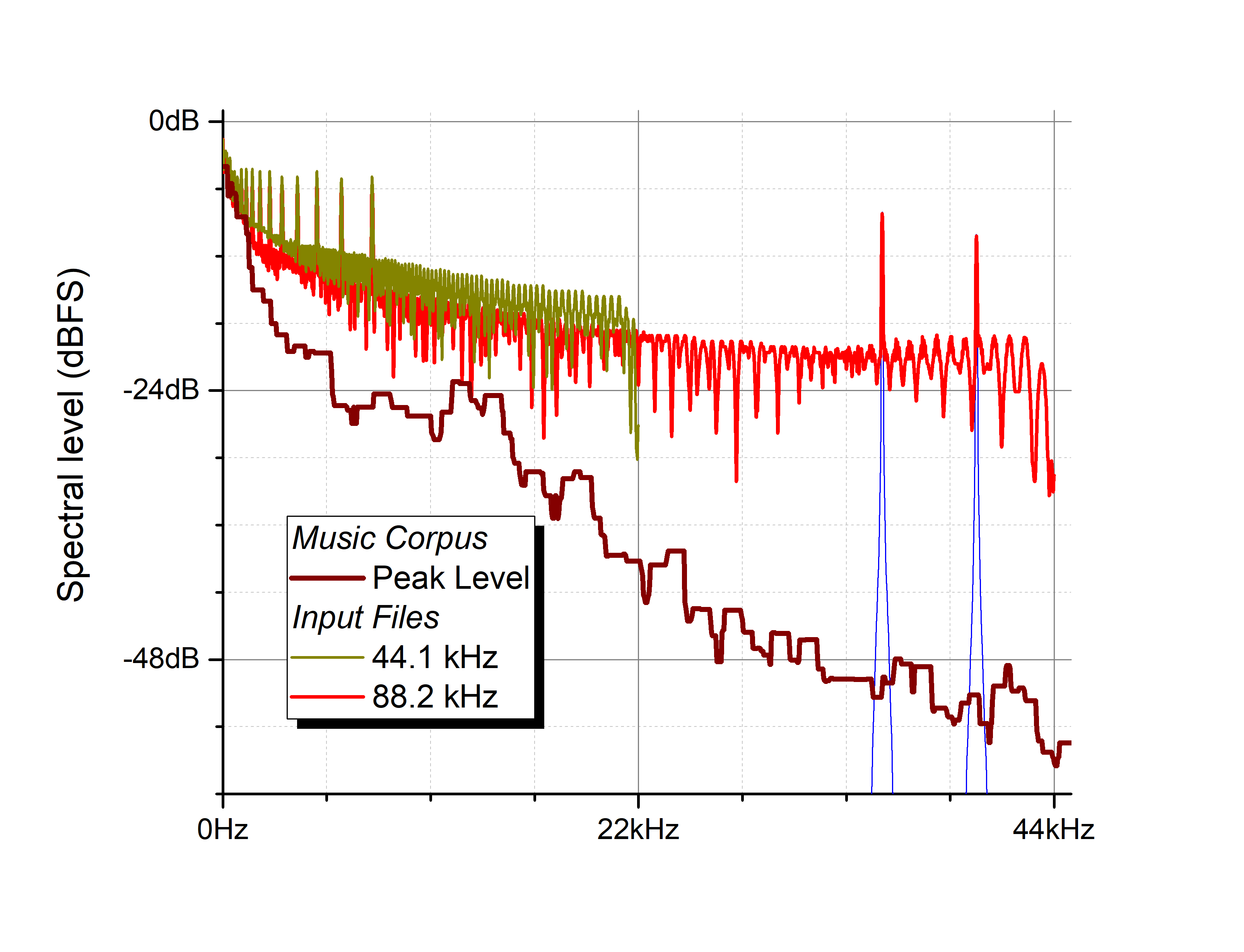And you would be mistaken in that if you had read other things he says about us in other fora. Here is an example of his posts:
View attachment 132333
Obvious ties to SMSL/Topping? They have it in everything??? You think anyone saying that about me is an upstanding citizen?
What he quoted after that had nothing to do with "pushing DRM schemes." It was an email I sent to Bill Gates letting him know that we were trying to get our hardware ecosystem of players to be as good as Apple's which had seamless Fairplay DRM integration.
Goldeneye proceeds to more sensational conspiracy theories.
Adam took an initiative to call him and offer to have a new thread where I would NOT post (as to keep tensions low) and he could start over. He went and disclosed that call with his own spin as a nefarious thing to do:
View attachment 132336
So yeh, we are to hire more moderators so that the food fights that he created can continue. And that I better say nothing or else. We go out of our way to allow dissent in this forum and to have it toiled this way is in very poor form.
Net, net, while he did some good work, I consider GodenEye to be a bad actor here. We are providing incredible visibility and traffic for his videos and yet he brings nothing but disdain towards us. Keep your guard up. Don't believe him because he sounds calm and collected in his videos.

